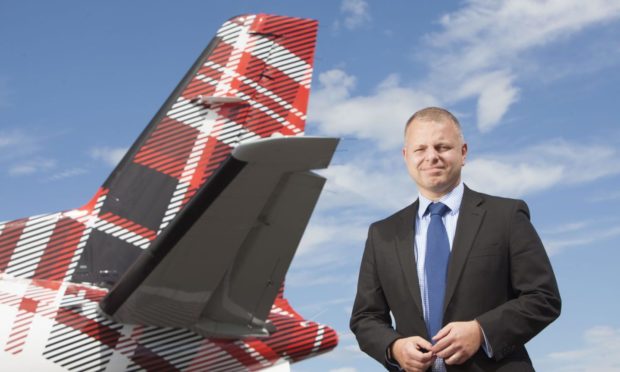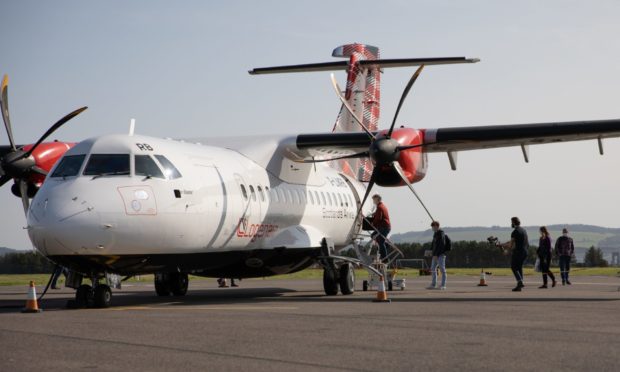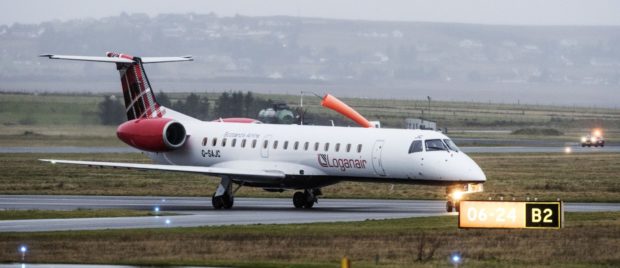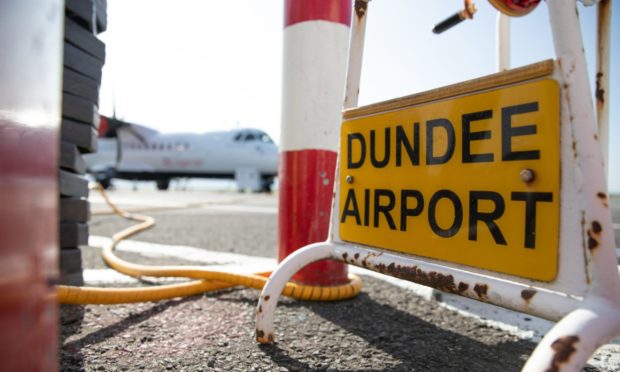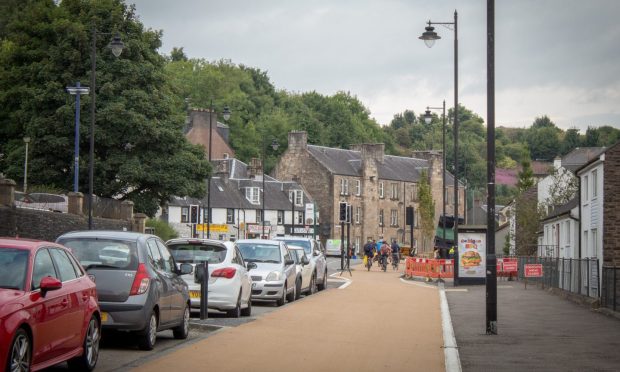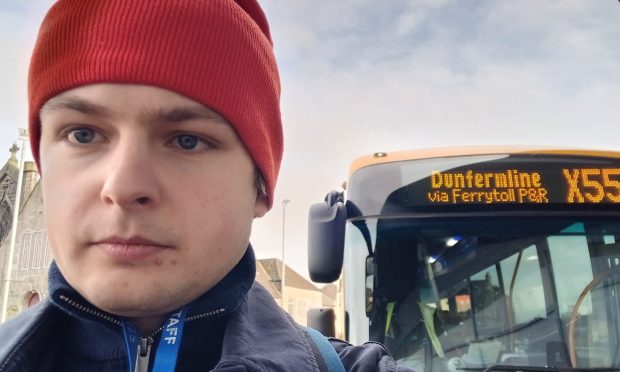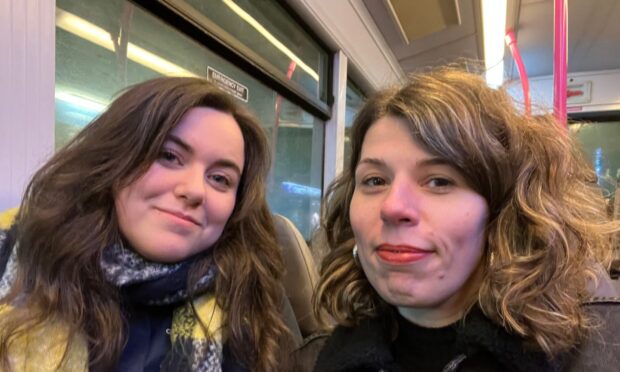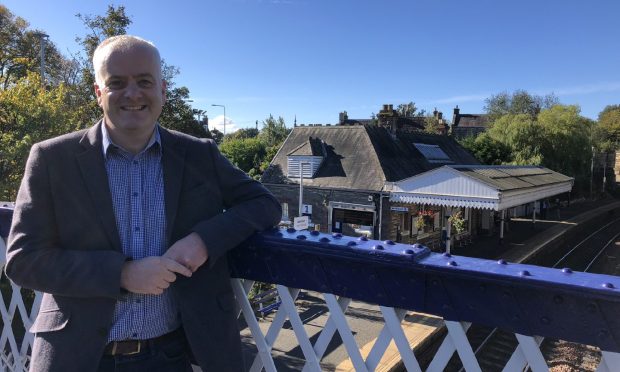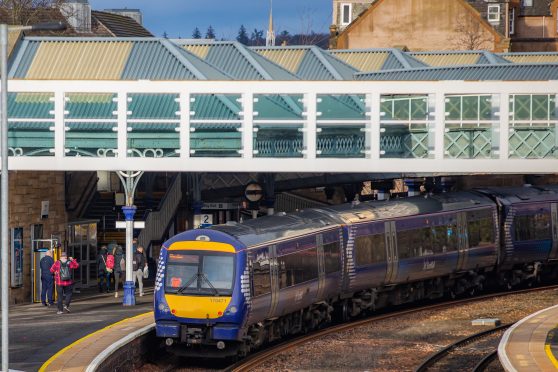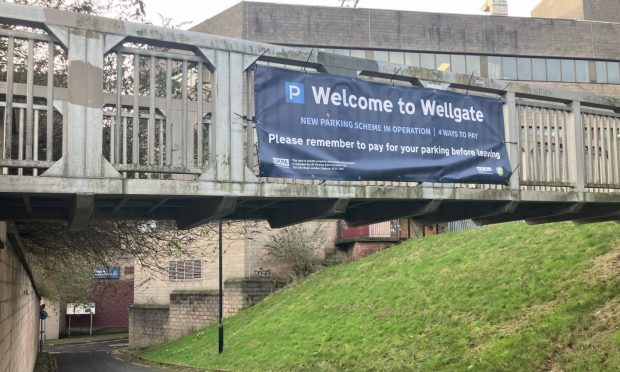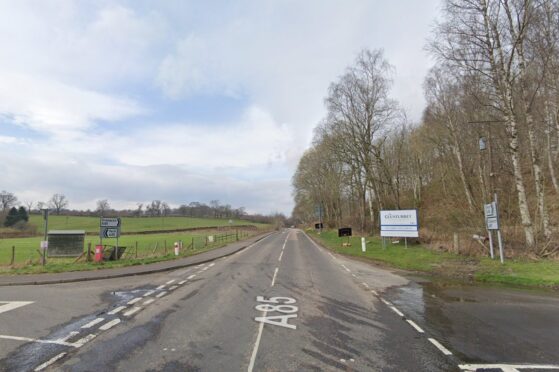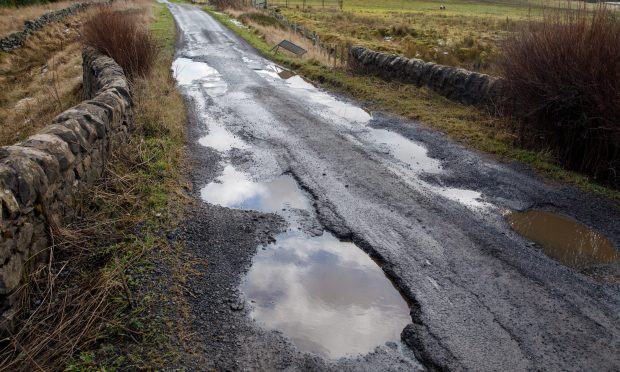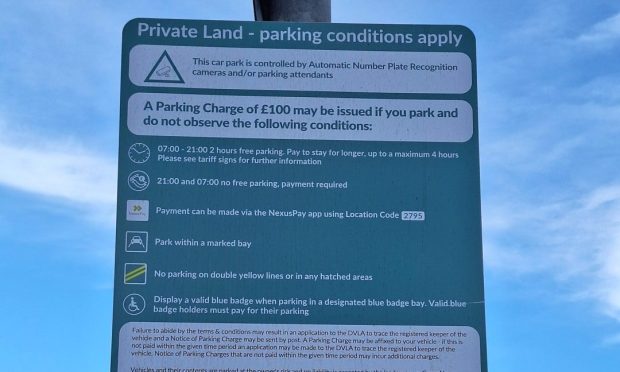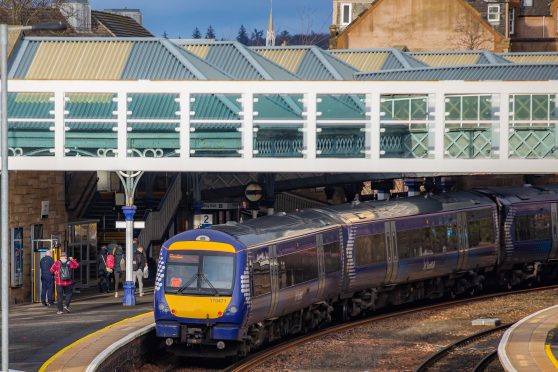An airline that operates from Dundee has introduced a new charge to counter the environmental impact of flights.
Loganair has introduced a “first of its kind” carbon offset charge.
The £1 charge will be included in the ticket price for every passenger from next month.
The firm operates services to Belfast – which started last September – and London from Dundee Airport.
Chief executive Jonathan Hinkles said: “The entire transport industry has a huge task ahead to address and reduce emissions from every form of travel.
“It is our responsibility as the UK’s largest regional airline to lead the way.”
Mr Hinkles said the new £1 payment was preferable to the voluntary carbon offsetting system used by many other airlines.
Under that system, passengers have to opt-in by checking a box “hidden away” somewhere discretely in the booking process.
A ‘modest’ fee
Loganair’s customers will be doing their bit for the environment at a “modest” sum, he said.
The airline is aiming to remove the same amount of carbon from the atmosphere as is generated by its flights.
These include initiatives such as reforestation and new wind farms to replace coal and gas-fired power stations.
Later this year, the airline will also establish a new fund for grants to help fund new renewable energy projects.
‘A huge task ahead’
Mr Hinkles said: “We are extremely proud to be the first UK regional airline to set ambitious goals for a carbon-neutral future.
“The entire transport industry has a huge task ahead to address and reduce emissions from every form of travel.
“It’s our responsibility as the UK’s largest regional airline to lead the way.”
Trials are taking place in Orkney this summer on developmental aircraft powered by hydrogen and renewable electricity as the first step to fully converting Loganair’s fleet to net zero carbon emissions by 2040.
Mr Hinkles said the technology to deliver zero-carbon regional flights is still under development.
He added: “Until they’re ready, we’ll be mitigating the carbon emissions from every Loganair flight through the new offset programme.”
